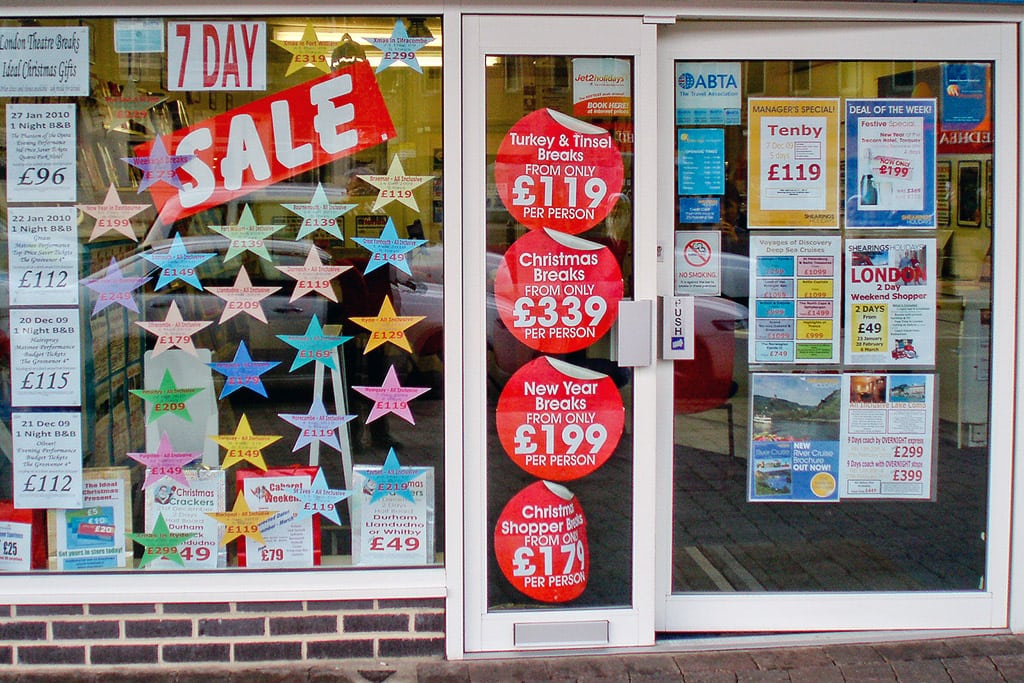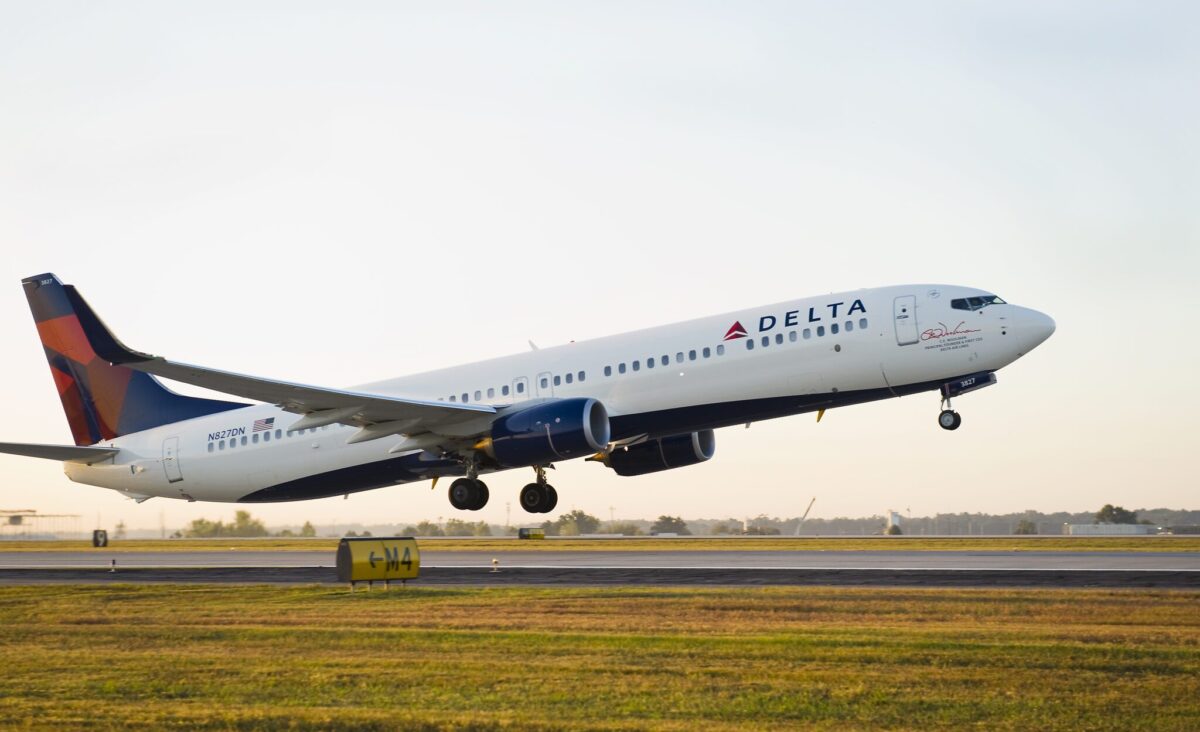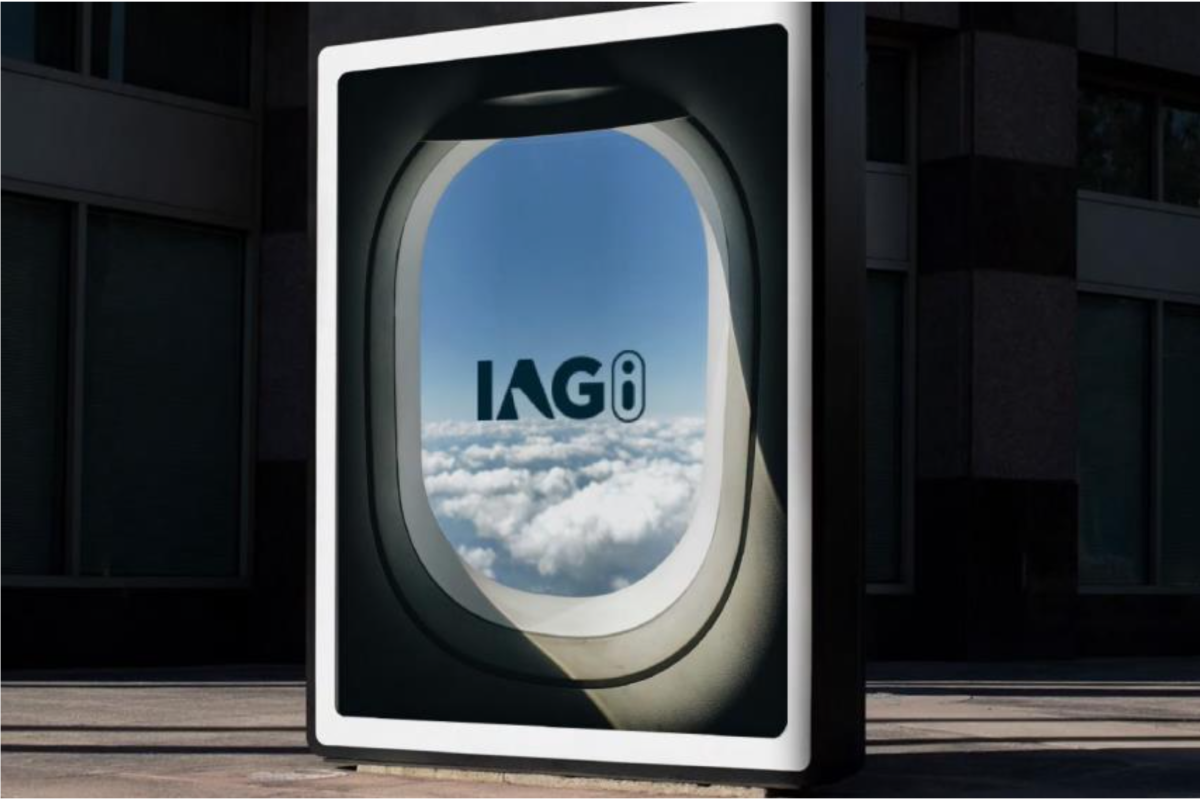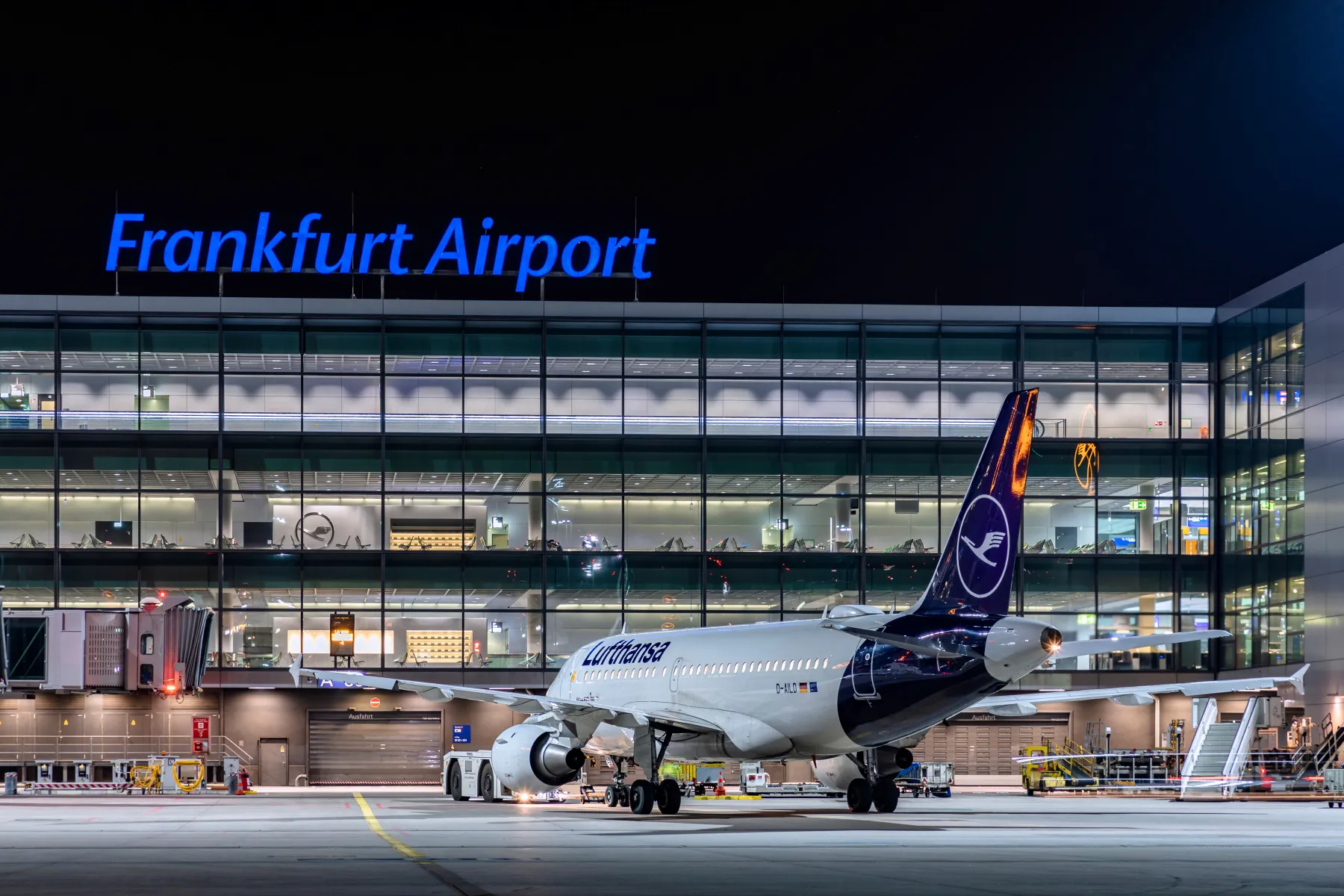Skift Versus Magazine: Travel Consultants Vs. Travel Agents

Skift Take
A travel agent used to be essential. A normal person couldn't fly on a plane, sail on a cruise or put together a vacation itinerary without the access and expertise of a travel agent.
Note: This is an excerpt from The Versus Issue, the second print magazine from Skift.
But the advent of online booking sites in the 1990s, and the ability for consumers to book direct with hotel brands and air carriers, quickly changed the business model for successful travel agents.
With airlines no longer offering commissions on tickets booked by travel agents, and direct bookings incentivizing consumers to book on the Internet, thousands of travel agencies were forced out of business in the last two decades.
Today, most travel agents prefer the term travel consultant. Instead of marketing themselves as a mere intermediary between the travel distribution system and travelers, they bring extensive knowledge on specific areas of travel to their clients.
No travel consultant expects, or even wants, to book a single air ticket for a client anymore. The divide between the travel agent who follows orders and the travel consultant who develops experiences could not be wider.
More than 64,000 travel agents were active in the U.S. in 2014, according to the Bureau of Labor Statistics. Even more agents who are affiliated with a travel agency or consortia but work remotely are out there serving clients. A travel agency offering pamphlets and free coffee out of a strip mall is rapidly becoming a thing of the past.
As the demand for customized and boutique experience has skyrocketed, travel consultants have positioned themselves to serve the needs of travelers looking outside the mainstream. Whether it's luxury travel, river cruising, voluntourism or LGBT-friendly experiences, there is a travel consultant out there that fits every consumer need.
Clever travel consultants have positioned themselves as advocates of their clients, especially when trips go wrong. Having a consultant rebook your canceled flight immediately after sending a text message, instead of having to wait in line at the airport with 200 other disgruntled flyers, is an amenity that travelers are willing to pay for.
Most travel consultants are still skeptical of the sharing economy. They won't, for instance, move you from one Airbnb to another if your host's apartment smells like a diaper.





